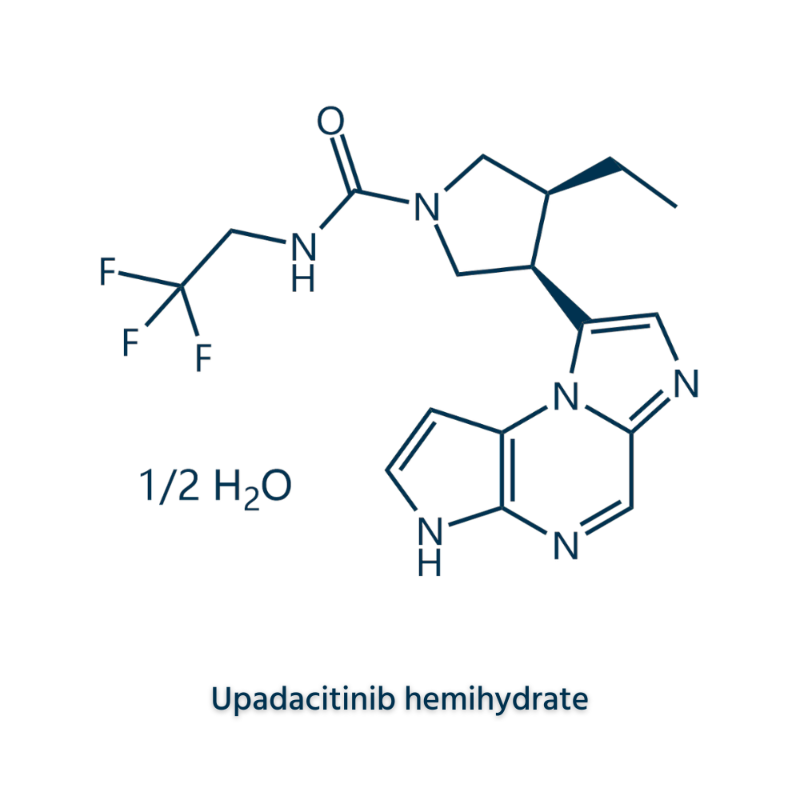-
Categories
-
Pharmaceutical Intermediates
-
Active Pharmaceutical Ingredients
-
Food Additives
- Industrial Coatings
- Agrochemicals
- Dyes and Pigments
- Surfactant
- Flavors and Fragrances
- Chemical Reagents
- Catalyst and Auxiliary
- Natural Products
- Inorganic Chemistry
-
Organic Chemistry
-
Biochemical Engineering
- Analytical Chemistry
-
Cosmetic Ingredient
- Water Treatment Chemical
-
Pharmaceutical Intermediates
Promotion
ECHEMI Mall
Wholesale
Weekly Price
Exhibition
News
-
Trade Service
Hepatocellular carcinoma is one of the most common causes of cancer death in the world, and transarterial radioembolization (TARE) has been widely used in the treatment of hepatocellular carcinoma
Hepatocellular carcinoma is one of the most common causes of cancer death in the world, and transarterial radioembolization (TARE) has been widely used in the treatment of hepatocellular carcinoma
From 2008 to 2014, a total of 149 HCC patients treated with TARE were included
From 2008 to 2014, a total of 149 HCC patients treated with TARE were included
Objective response was observed in 67 (45.
Median OS and PFS were 18.
OS and PFS
The median OS of patients in CTP group A was significantly better than that in group B (21.
The median OS of patients in CTP group A was significantly better than that in group B (21.
OS subgroup analysis
Similar results were observed in PFS, with CTP A patients having a better median PFS than CTP B patients (9.
Similar results were observed in PFS, with CTP A patients having a better median PFS than CTP B patients (9.
PFS subgroup analysis
Statistically significant median OS (41.
Statistically significant median OS (41.
9 months vs.
11.
6 months, p<0.
001) and PFS (22 months vs.
4.
6 months, p<0.
001) in responders (CR and PR) versus non-responders learning differences
.
Statistically significant median OS (41.
9 months vs.
11.
6 months, p<0.
001) and PFS (22 months vs.
4.
6 months, p<0.
001) in responders (CR and PR) versus non-responders learning differences
.
Differences in OS and PFS with and without response
Complications occurred in 60 patients (40.
3%); of these, grade 3 adverse events (AEs) occurred in 4 patients within 7 days after TARE
.
Because patients may have multiple AEs, there were 123 cases according to toxicity grading, grade 1/2 AEs accounted for 91.
1% of total AEs, and grade 3 AEs accounted for 8.
9%
.
The most common grade 1/2 AEs were gastrointestinal symptoms such as abdominal pain, nausea, anorexia, fatigue, and diarrhea
.
Grade 3 AEs included nausea, anorexia, improvement in abdominal pain without sequelae and other AEs (cholecystitis, sepsis, celiac dissection, and HCC rupture)
.
3%); of these, grade 3 adverse events (AEs) occurred in 4 patients within 7 days after TARE
.
Because patients may have multiple AEs, there were 123 cases according to toxicity grading, grade 1/2 AEs accounted for 91.
1% of total AEs, and grade 3 AEs accounted for 8.
9%
.
The most common grade 1/2 AEs were gastrointestinal symptoms such as abdominal pain, nausea, anorexia, fatigue, and diarrhea
.
Grade 3 AEs included nausea, anorexia, improvement in abdominal pain without sequelae and other AEs (cholecystitis, sepsis, celiac dissection, and HCC rupture)
.
Adverse reactions
In conclusion, studies have shown that transarterial radioembolization (TARE) is safe and effective in the treatment of unresectable hepatocellular carcinoma (HCC)
.
.
Studies have shown that transarterial radioembolization (TARE) is safe and effective in the treatment of unresectable hepatocellular carcinoma (HCC)
.
Studies have shown that transarterial radioembolization (TARE) is safe and effective in the treatment of unresectable hepatocellular carcinoma (HCC)
.
Original source:
Original source:Yim, SY; Chun, HS; Lee, JS; Lim, J.
-H.
; Kim, TH; Kim, BK; Kim, SU; Park, JY; Ahn, SH; Kim, GM; et al.
Transarterial Radioembolization for Unresectable Hepatocellular Carcinoma: Real-Life Efficacy and Safety Analysis of Korean Patients.
Cancers 2022, 14, 385.
https://doi.
org/10.
3390/cancers14020385
-H.
; Kim, TH; Kim, BK; Kim, SU; Park, JY; Ahn, SH; Kim, GM; et al.
Transarterial Radioembolization for Unresectable Hepatocellular Carcinoma: Real-Life Efficacy and Safety Analysis of Korean Patients.
Cancers 2022, 14, 385.
https://doi.
org/10.
3390/cancers14020385
Leave a comment here







